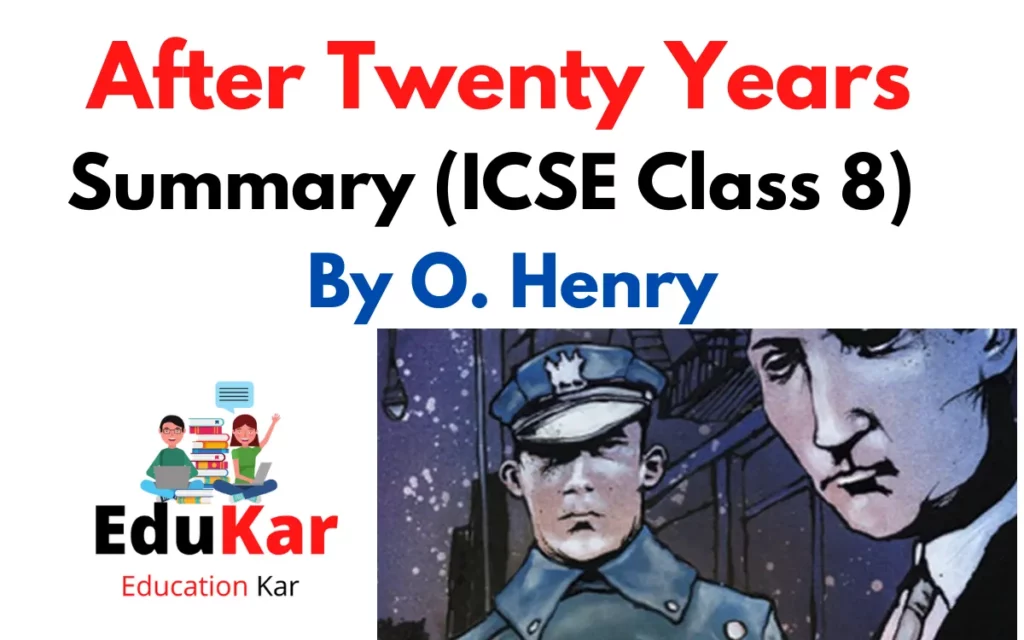
| Name | To India My Native Land |
| Class | 8th |
| Written in | 1831 |
| Author | Henry Louis Vivian Derozio |
| Theme | Love for my country |
To India My Native Land-Summary
“to India- My Native Land” is a remarkable poem written by Henry Louis Vivian Derozio. The major theme of his poetry are patriotism, death, love and transformation. His famous work include-“The Fakir of Jungheera”, “To the Moon”, “Morning after a storm” etc. The present poem to India-My Native Land was published in 1828, as the part of his book ” The Fakir of Jungheera” during the period of India was under British rule.
“To India-My native land” is a remarkable poem written by Henry Louis Vivian Derozio. The major theme of his poetry are patriotism, death, love and transformation of life.
The poem is written in the form of sonnet where the first eight line describes, how India was worshipped during ancient times and in the last six lines of the poem describe the plan of poet to retain India’s glory and make his country as strong and powerful as before.
The poem starts with poet describing his motherland as a deity. He states that during ancient times, his country was glorious and rich in every field. It was a period when India was famous for his civilization, culture, and tradition. People from the world used to visit India and learn its ancient knowledge, culture and skills. In that time India was worshipped like a goddess. But now time has been changed. India no longer sustain its beauty and glory because when it was under the rule of British, they destroyed it.
In nest lines, the poet describes India as an Eagle, a bird of immense power, but this eagle is tied down in chains. It’s wings have been clipped and it can not fly. The Britishers have bound our country by making it their slave. The poet further says that he has no flowers to weave a “wreath” or garland for his mother land. His country which has been corrupted and drained has lost all its resources. There are not even any flowers left with which he could worship his country and make a wreath for him.
In the last six lines of the poem, the poet vowsto bring his country back from their degrading state of glory. He promise to dive into the deep depths of glorious Indian history and bring the materials for future improvement. These materials are so small and sublime that they may not be visible to the human eyes. The poet will work hard to save his country and to return it to its formey glory. This is his one last wish for his motherland.
Through this poem the poet writes the “past glory” of India and now the country that was once worshipped as a ditty has been chained down to the lowest depth. His vows to return his country to its former glory by diving deep into its glorious path.
The poem is a famous patiotic poem by Derozo. He expresses sadness at the state of his motherland and helps to create a better future for it. Through this poem he expresses his aim to spread historical consciousness among Indian. If he succeeds, he want nothing in return from his country.
About the Author
- Birth: 18 April 1809
- Death: 26 December 1831
- An Indian poet of Portuguese origin.
- Assistant headmaster of Hindu college, Kolkata
Answer the Following Questions:
Q1: “Breathes there the man, with sould so dead.
a) Who possesses such a soul? What quality is missing in this person?
Ans: A person who does not selflessly sacrifice for his own country possesses a soul which is almost dead. The sense of belonging to a nation or patriotism is missing in this person.
b) What do you think it means to have a “soul so dead”?
Ans: A person must feel a sense of pride and excitement in his heart when he returns to his own country. If he does not feel a sense of loyalty or belongingness to the country, he is as good as dead.
Q2: What does the man feel as he comes home from his travles in foreign countries?
Ans: The poet imagines a man who does not feel a sense of belonging to his own country. When the man returns home from his travels in foreign countries, he feels no pride or excitement. His money and power lures him and he strives to return to the foreign land for his power and riches.
Q3: a) According to the speaker, what is more value-the man’s wealth and power or his devotion to his nation? Which lines tell us this?
According to the speaker, the man’s devotion to his nation is of more value than his wealth and power.
The Lines:
“High though his titles, proud his name,
Boundless his wealth as wish can claim;
Despite those titles, power and pelf,
The wretch, concentred all in self,
Living, shall forfeit fair renown,
And, doubly dying, shall go down
To the vile dust, from whence he sprung,
Unwept, unhonour’d and unsung” tell us this.
b) Do you agree with the speaker? Why or why not?
Ans: Yes, I completely agree with the poet because if one does not have any feeling of patriotism or loyalty for his motherland, he is as good as dead. Such a person is never ready to fight for his country. He should not be resoected even if he has a lot money and power with him as true renown is acheived only when one has lived all his life for his native land.
Q4: Which line from the poem tells us that man is selfish? Why is he consodered so?
Ans: The line, “The wretch, concentred all in sel” tells us that the poet considers the man to be slefish.
He is considered so because he is unable to love his own country. He is so invested in himself that he does not feel a sense of belonging to his own country when he returns from a foreign land.
Q5: And, doubly, shall go down,
a) According to the speake, the man does not die only a physical death. What is the other kind of death he experiences?
Ans: The poet talks about a dual death- physical death and the death of a soul. A man who is unpatriotic towards his native land has a dead soul. He might accumulate wealth from his trips no worth.
b) In your opinion, is one death worse than the other?
Ans: Physical death is inevitable. It is the death of one’s soul which is more pathetic than a physical death. It means that the person is alive, but in vain.
Q6: What happens to the man as he lives? Are there consequences in life to his actions? Which lines tell us this?
Ans: If he doesn’t suffer a physical death, the man will cease to have good reputation and fame, unless he feels a burning love for his own country. His demise will not be one of valour or glory. He will be left uncelebrated, no matter how much money he saves all through his life. The lines, are
“Living, shall forfeit fair renown
And, doubly dying, shall go down
To the vile dust, from whence he sprung,
Unwept, unhonour’d, and unsung.”
Q7: a) What is the man’s fate after death? How do we know?
Ans: When he dies, he will go to the useless dust from where he was born. After his death, no one will sing for him, or honour him. The lines, “Ans, doubly dying, shall go down/To the vile dust, from whence he sprung,” tell us this.
b) Do you think this is a just punishment? Why or why not?
Ans: Yes, the punishment is justified because when a person does not love his own homeland, the land of his forefathers he is definitely a hard hearted and selfish man and is already dead of soul he does not deserve to be respected even after his death.
What is “To India My Native Land” by Henry Louis Vivian Derozio about?
“To India My Native Land” is a poem by Henry Louis Vivian Derozio, an Indian poet and educator. The poem expresses the poet’s love and admiration for his native land, India, and its culture and history.
Who is the speaker in “To India My Native Land”?
The speaker in “To India- My Native Land” is the poet, Henry Louis Vivian Derozio.
What is the theme of the poem?
The theme of the poem is the love for one’s native land and its culture and history. The poet expresses his admiration for India and its people, and the rich history and traditions that make it unique.
What is the tone of the poem?
The tone of the poem is one of patriotism and admiration. The poet expresses his love for India and its people, and shows his pride in the country’s history and culture.
What is the rhyme scheme of the poem?
As this poem is written in 19th century, the rhyme scheme and style of the poem may vary.
Why was the poem written?
The poem “To India My Native Land” was written as a tribute to India, the poet’s native land, and its rich culture and history. The poem is a reflection of the poet’s feelings of love and admiration for his homeland and its people.








